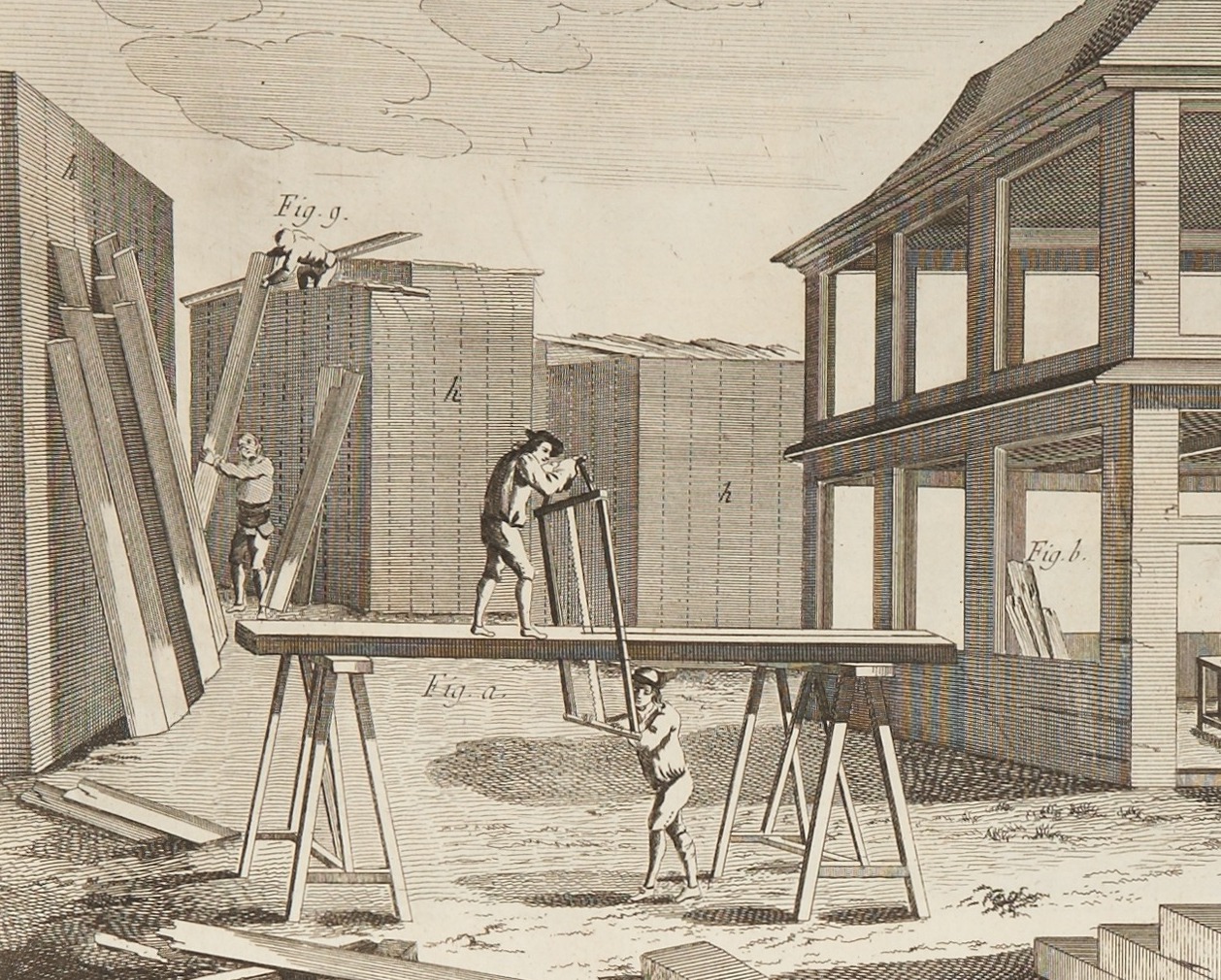
“Skepticism is the first step toward truth.” – Denis Diderot (Philosophical Thoughts, 1746)
By Jim O’Neal
In the middle of the 18th century, French philosopher Denis Diderot decided to compile the collective knowledge of the Western world into an encyclopedia. He invited France’s leading intellectuals – scientists, literary men, scholars and philosophers – to write articles for a huge “Classified Dictionary of Sciences, Arts & Trades.” His role was both editor-in-chief and contributor.
The first volume appeared in 1751 and the full work, consisting of 17 volumes of text and 11 volumes of illustrations, was completed 21 years later. The basic mission of the Encyclopédie was to catalog the knowledge of the Western World’s Age of Enlightenment. This was a multifaceted intellectual movement that started circa 1715, although its true origins were contained in works done by pioneers of modern scientific and philosophical thought of the previous century.
The 72,000 multi-disciplinary articles distilled the ideas and theories of France’s key Enlightenment thinkers, including the writers and philosophers Voltaire, Jean-Jacques Rousseau and Montesquieu. The articles were centered on three main areas:
1. Rational thought (not faith or religious doctrines),
2. Observation and scientific experiments, and
3. The search for organizing government around natural law and Justice.
Excluding religion and God as specific categories was controversial since religiosity had been at the very heart of life and thought in Europe for centuries. The Encyclopédie and the Enlightenment per se internationally denied this key distinction, in addition to magic, mythology and other arcane beliefs. In spite of repeated efforts by authorities to censor its articles and intimidate and threaten its editors, the Encyclopédie became the most influential and widely consulted work of the period.
In Europe, the Enlightenment had a profound impact on social, political and intellectual life. Its proponents believed they were sweeping away oppressive medieval views and ushering in a new era that they hoped would be characterized by freedom of thought, open mindedness and tolerance.
More than 250 years later, this remains a work in progress.
 Intelligent Collector blogger JIM O’NEAL is an avid collector and history buff. He is President and CEO of Frito-Lay International [retired] and earlier served as Chairman and CEO of PepsiCo Restaurants International [KFC Pizza Hut and Taco Bell].
Intelligent Collector blogger JIM O’NEAL is an avid collector and history buff. He is President and CEO of Frito-Lay International [retired] and earlier served as Chairman and CEO of PepsiCo Restaurants International [KFC Pizza Hut and Taco Bell].
